How Virgin Media O2 saved “millions” by enhancing data center efficiency
Reducing data center power consumption forms part of a broader sustainability drive at the telecoms giant

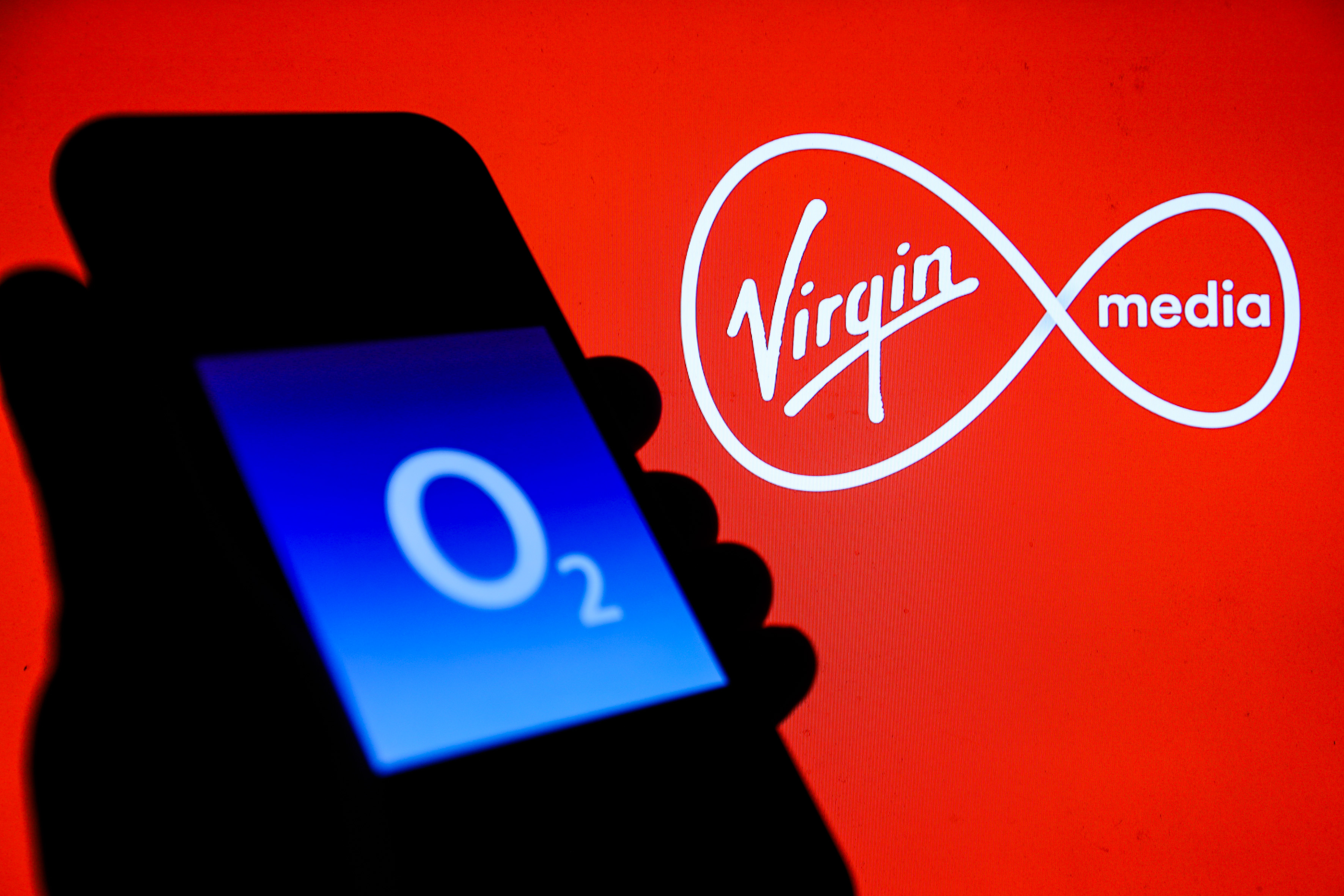
Virgin Media O2 has saved “millions of pounds” in costs by enhancing data center efficiency through the introduction of flash storage drives, according to a senior company official.
Ajit Sharma, business optimization manager at the telecoms giant, told attendees at Pure Accelerate 2023 that the integration of the devices in data center operations followed a deal with Pure Storage to adopt its FlashArray//X drives.
This move, Sharma said, delivered significant operational and financial benefits, including a 98% reduction in its data center footprint.
The integration of flash drives also resulted in a 96% reduction in power consumption, Sharma said while hailing the improvements made to the company’s data architecture. This has enabled the firm to reduce the impact of rising energy costs amid the cost-of-living crisis.
RELATED RESOURCE
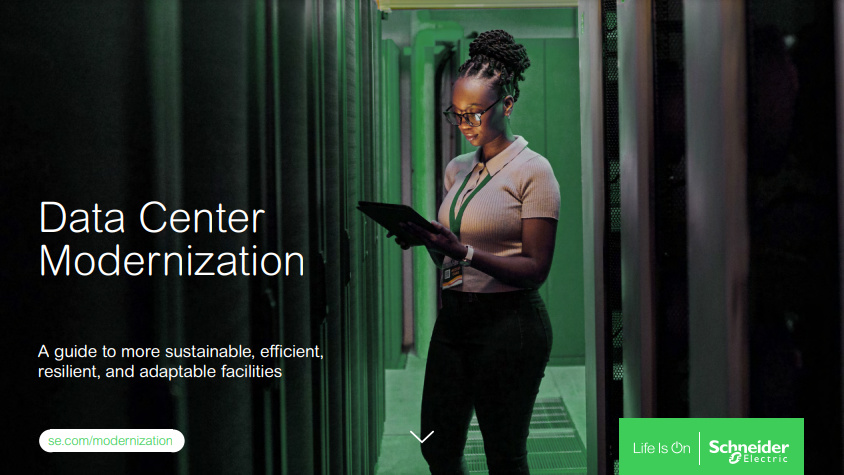
Shaping your sustainable data center
A guide to more sustainable, efficient, resilient, and adaptable facilities
“In the UK we’ve seen our power costs increase by nearly five to ten times depending on who you’re co-locating with in the data center space,” he explained.
“We don’t have our own property, but most of our own data centers are co-located with Equinix and other companies. Unfortunately, we’re at their mercy due to what’s going on across the sector as well as what’s going on across the world as well.”
A survey of data center professionals from Aggreko last year found that 60% reported energy bill increases of up to 40%.
Sign up today and you will receive a free copy of our Future Focus 2025 report - the leading guidance on AI, cybersecurity and other IT challenges as per 700+ senior executives
Given the rise in energy costs over the last year, Sharma said that by reducing power consumption, the company has experienced a “huge reduction in costs”.
Maximizing data center space
As part of the transformation program, Virgin Media O2 reduced its storage racks from 42 to three, and runs its storage on a select number of flash arrays which are able to handle over four petabytes of data.
A key factor in the firm’s ability to reduce its footprint lies in the compact nature of flash storage drives compared to traditional storage devices, such as hard disks, Sharma said.
Reducing this footprint represents a long-term strategy and was more than about delivering immediate cost savings. Looking ahead, this will cut the need to invest in additional data centers across the country.
“The UK is a much smaller country in terms of size,” he said. “So by being able to re-use and improve sustainability, we don’t need to go and build new data centers.”
“So we’re helping the UK and the community to ensure that we’re not using more space than is required. We’re saving millions of pounds by not building new data centers.”
Re-investing cost savings
The cost savings from this data center transformation strategy means that Virgin Media O2 has also been able to reduce e-waste levels and re-invest in other areas of the business, creating a positive cyclical process of optimization, cost savings, and re-investment.
This has been especially critical for the firm as it prepares for the eventual roll-out of 6G technologies, Sharma added.
“In the last year alone we got rid of over 48,000 tons of e-waste,” he said. “What we’re seeing from the money that’s being saved in e-waste and the ability to reduce our data center costs, is that it’s been refunded into other parts of the business.”
“We’ve seen 4G and 5G, and 6G is going to be out soon as well. So we need to invest our money in the right places - this helps us on that journey.”

Ross Kelly is ITPro's News & Analysis Editor, responsible for leading the brand's news output and in-depth reporting on the latest stories from across the business technology landscape. Ross was previously a Staff Writer, during which time he developed a keen interest in cyber security, business leadership, and emerging technologies.
He graduated from Edinburgh Napier University in 2016 with a BA (Hons) in Journalism, and joined ITPro in 2022 after four years working in technology conference research.
For news pitches, you can contact Ross at ross.kelly@futurenet.com, or on Twitter and LinkedIn.
-
 The modern workplace: Standardizing collaboration for the enterprise IT leader
The modern workplace: Standardizing collaboration for the enterprise IT leaderHow Barco ClickShare Hub is redefining the meeting room
-
 Interim CISA chief uploaded sensitive documents to a public version of ChatGPT
Interim CISA chief uploaded sensitive documents to a public version of ChatGPTNews The incident at CISA raises yet more concerns about the rise of ‘shadow AI’ and data protection risks
-
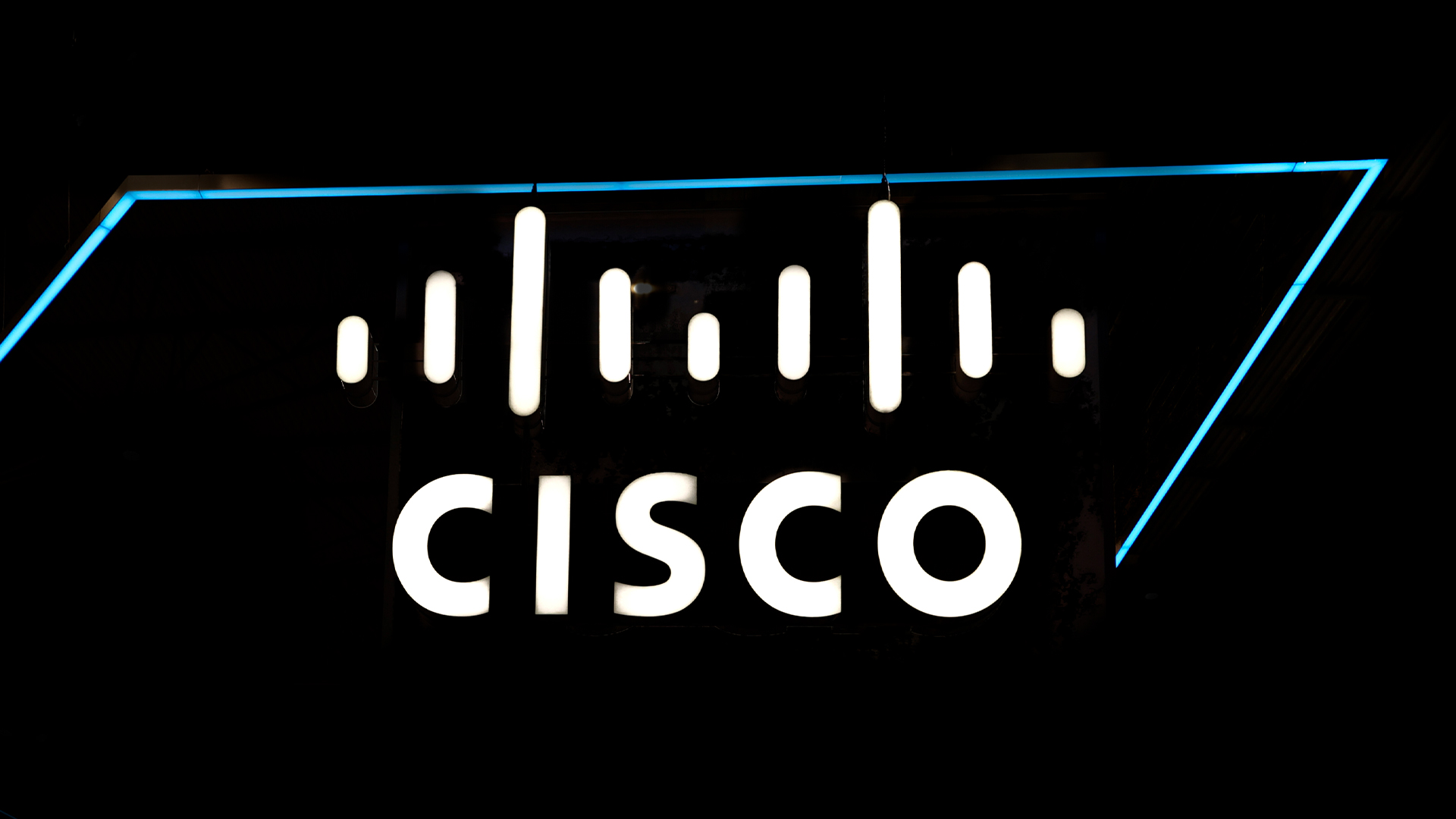 Cisco wants to take AI closer to the edge
Cisco wants to take AI closer to the edgeNews The new “integrated computing platform” from Cisco aims to support AI workloads at the edge
-
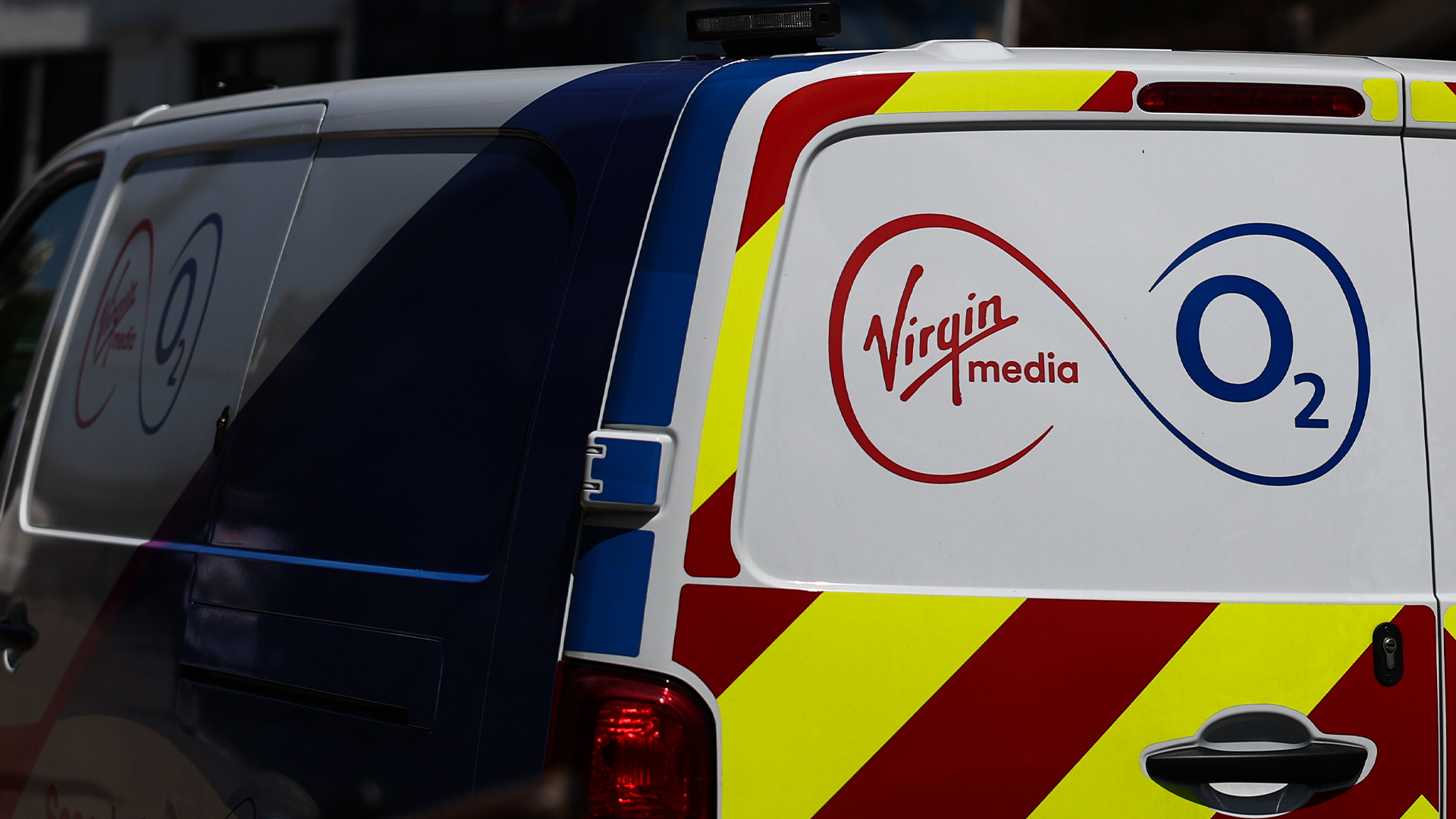 Virgin Media O2 and Daisy Group merge to form O2 Daisy
Virgin Media O2 and Daisy Group merge to form O2 DaisyNews The new firm will start out as the UK’s second-largest small and medium-sized business (SME) solutions provider
-
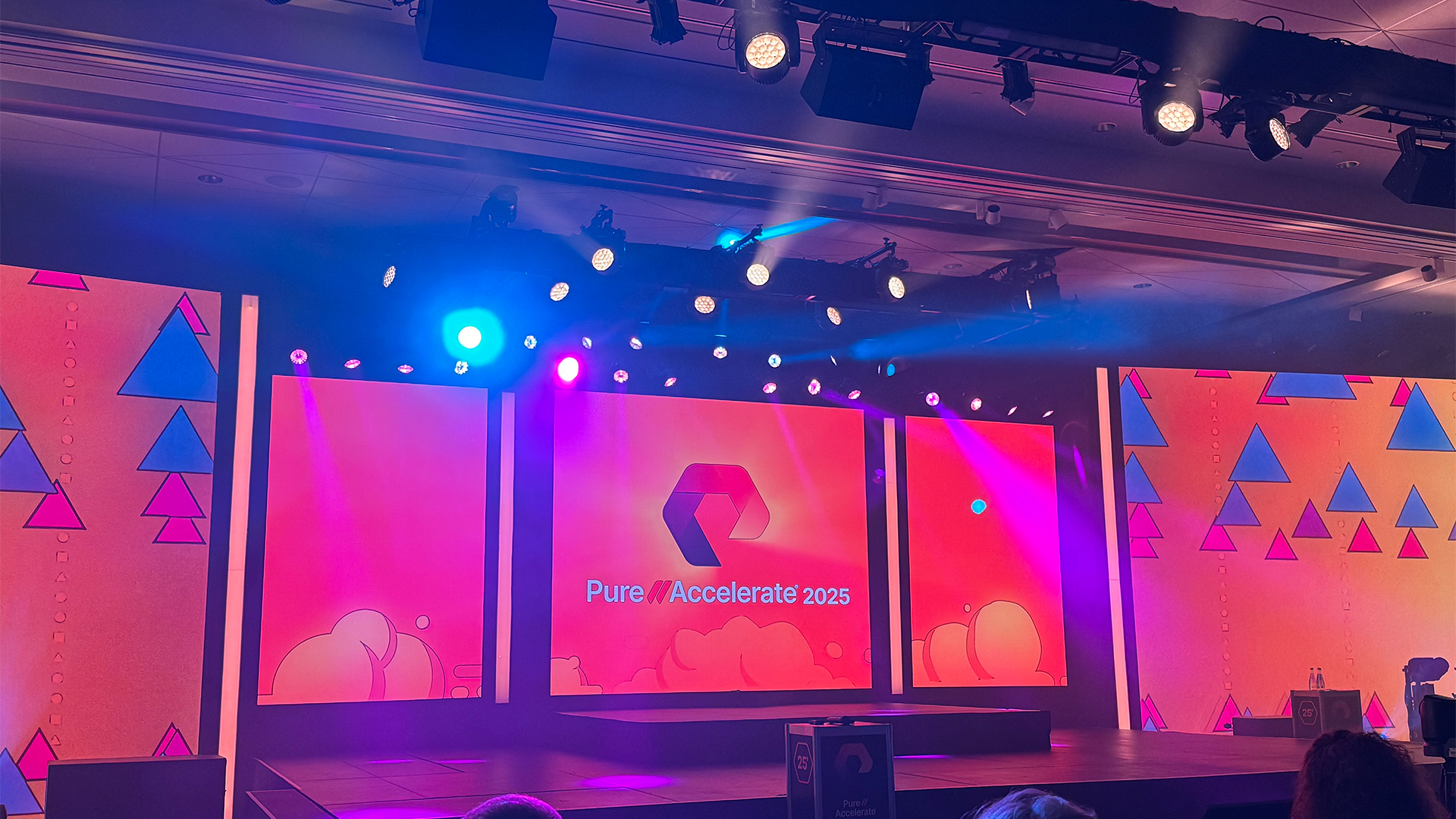 Pure Storage pulls no punches with competitors amid Enterprise Data Cloud launch
Pure Storage pulls no punches with competitors amid Enterprise Data Cloud launchNews The new data cloud is evolutionary, not revolutionary, but Pure thinks it's still the best option on the market
-
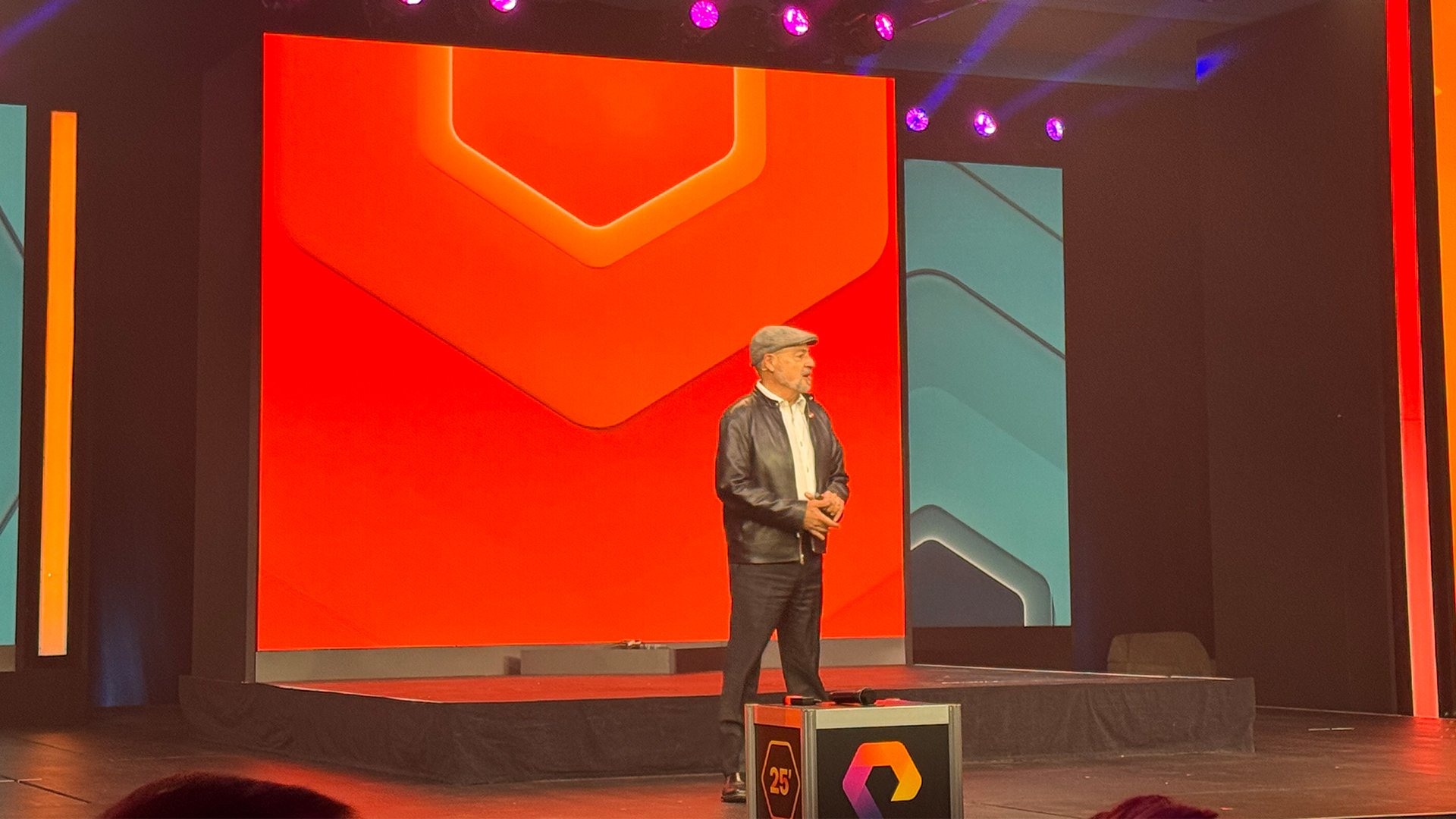 Infrastructure modernization has come on leaps and bounds, but there’s still a long way to go
Infrastructure modernization has come on leaps and bounds, but there’s still a long way to goNews Enterprises have work to do, but some progress is better than none
-
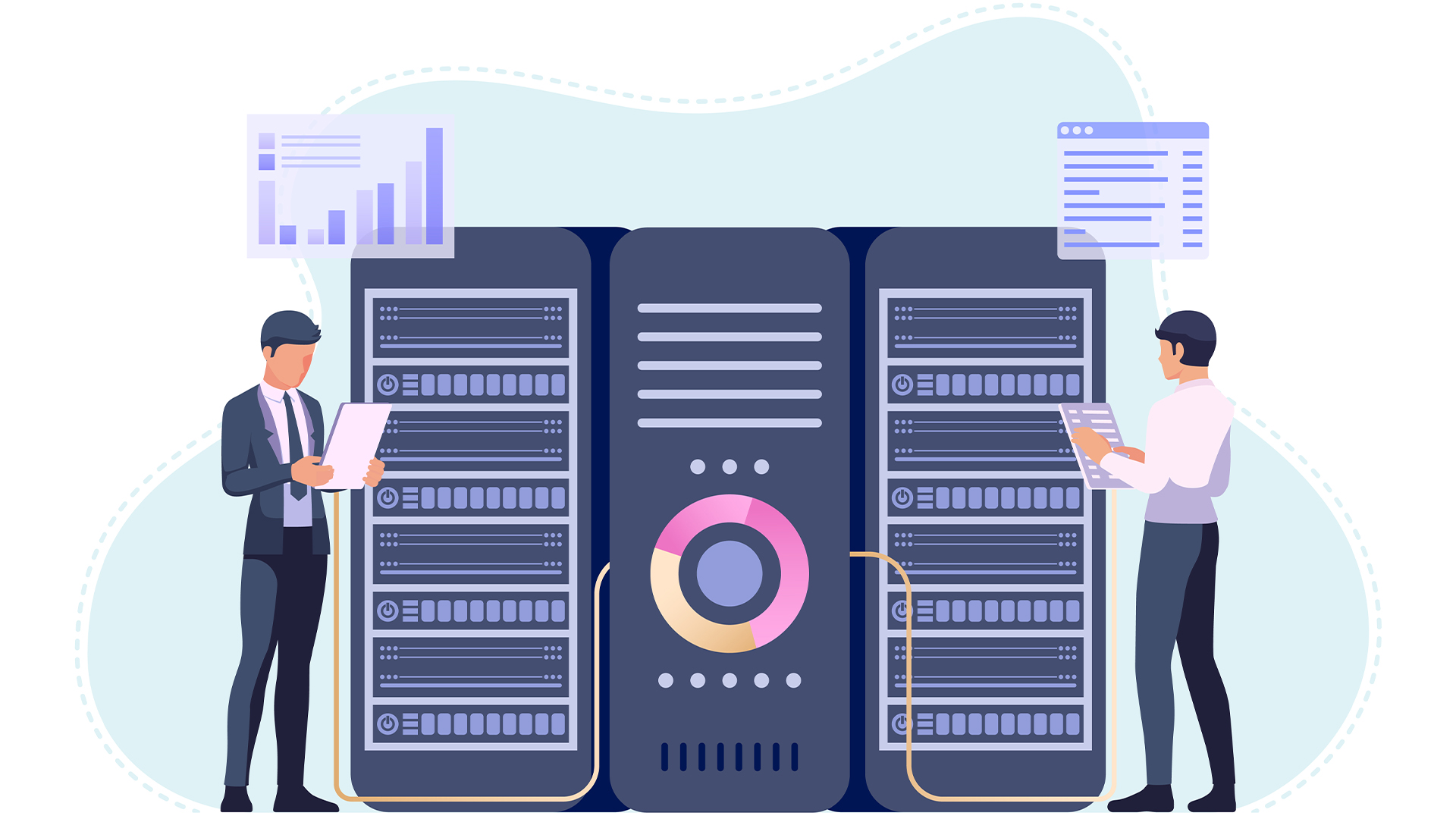 IT professionals are losing sleep over data backups – here's how to make sure you're prepared
IT professionals are losing sleep over data backups – here's how to make sure you're preparedNews Just 40% of IT professionals feel confident in their backup systems' ability to keep data safe in a crisis situation.
-
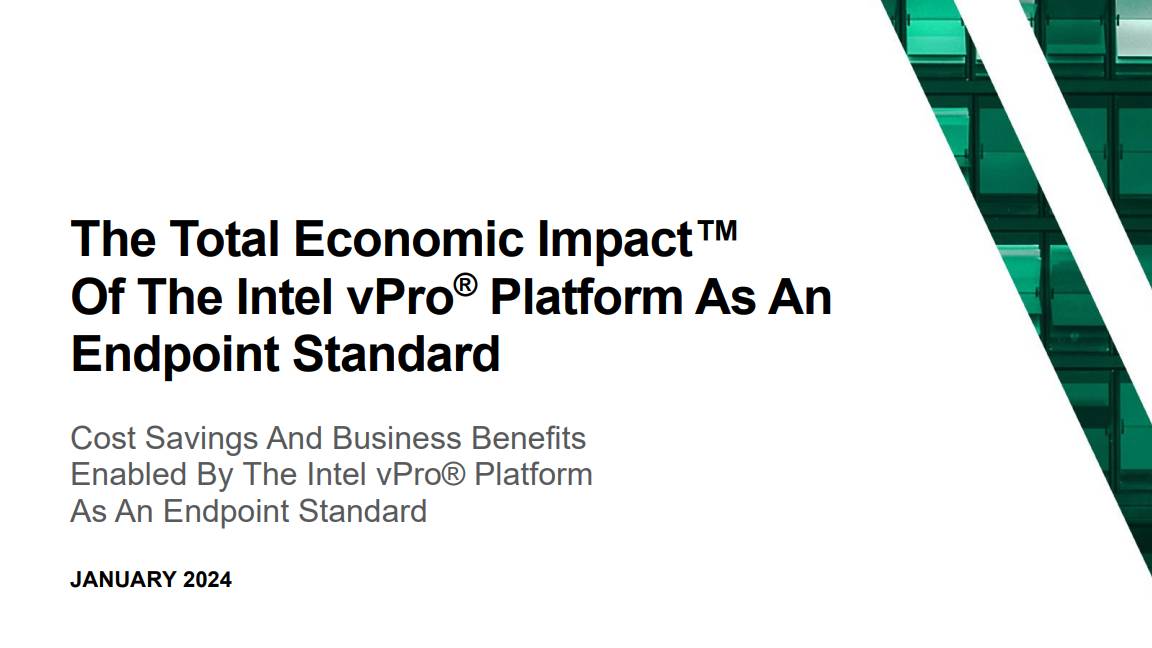 The Total Economic Impact™ of the Intel vPro® platform as an endpoint standard
The Total Economic Impact™ of the Intel vPro® platform as an endpoint standardwhitepaper Protection across AI attack vectors
-
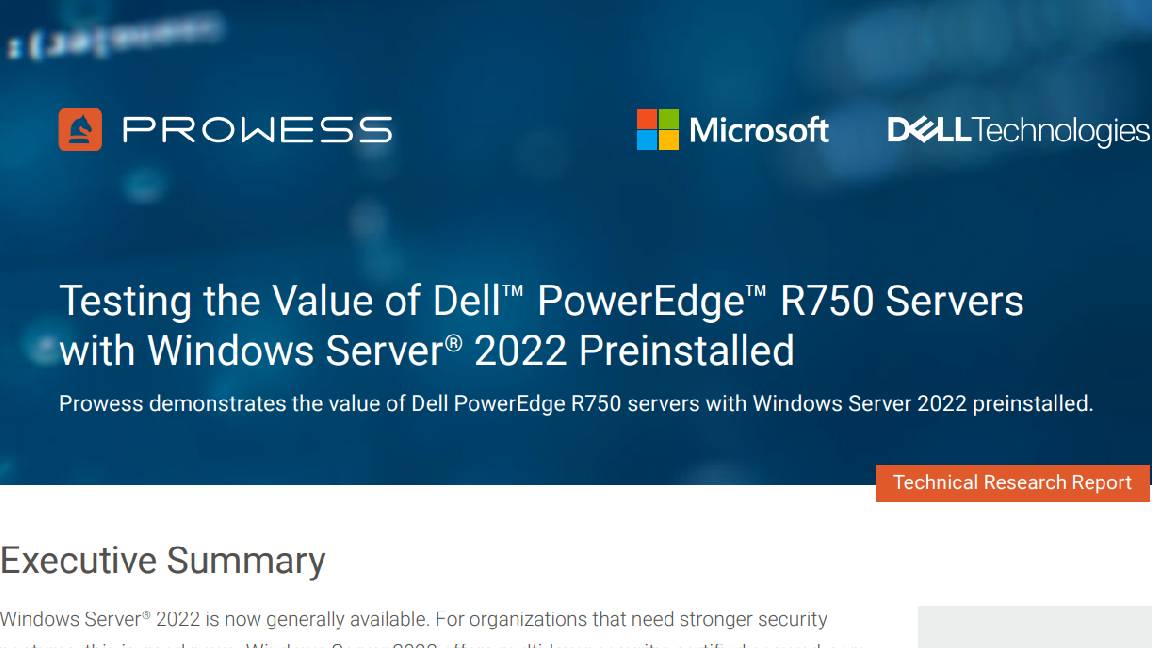 Testing the Value of Dell™ PowerEdge™ R750 Servers with Windows Server® 2022 Preinstalled
Testing the Value of Dell™ PowerEdge™ R750 Servers with Windows Server® 2022 Preinstalledwhitepaper Protection across AI attack vectors
-
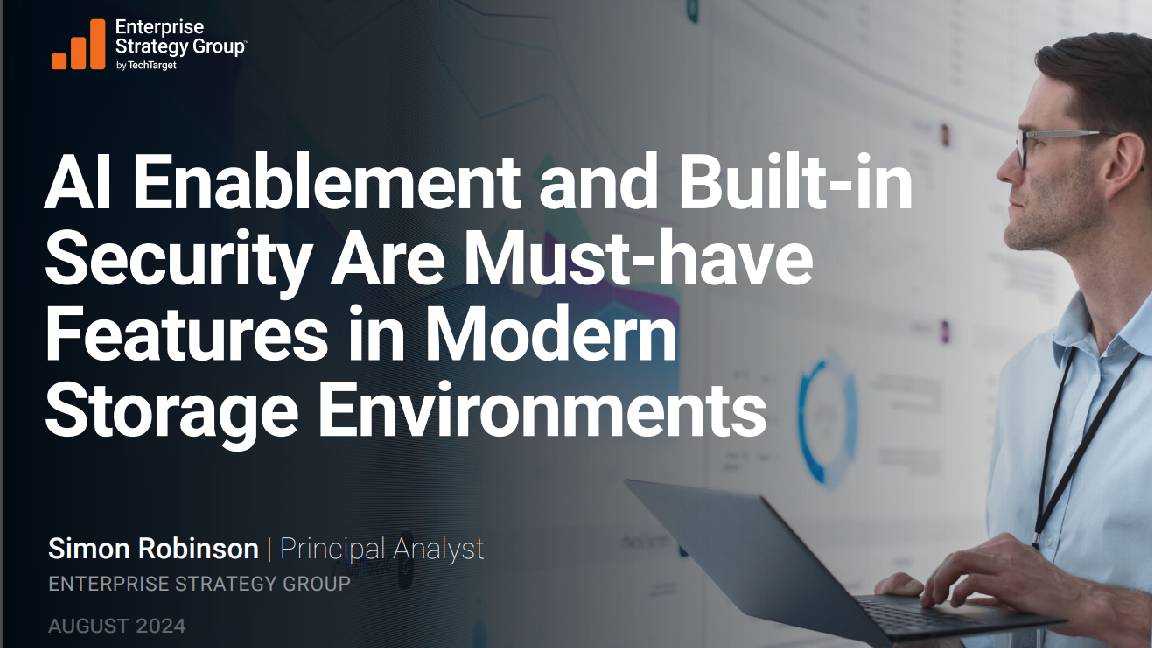 AI enablement and built-in security are must-have features on modern storage environments
AI enablement and built-in security are must-have features on modern storage environmentswhitepaper Modernize storage infrastructure to serve future application demands